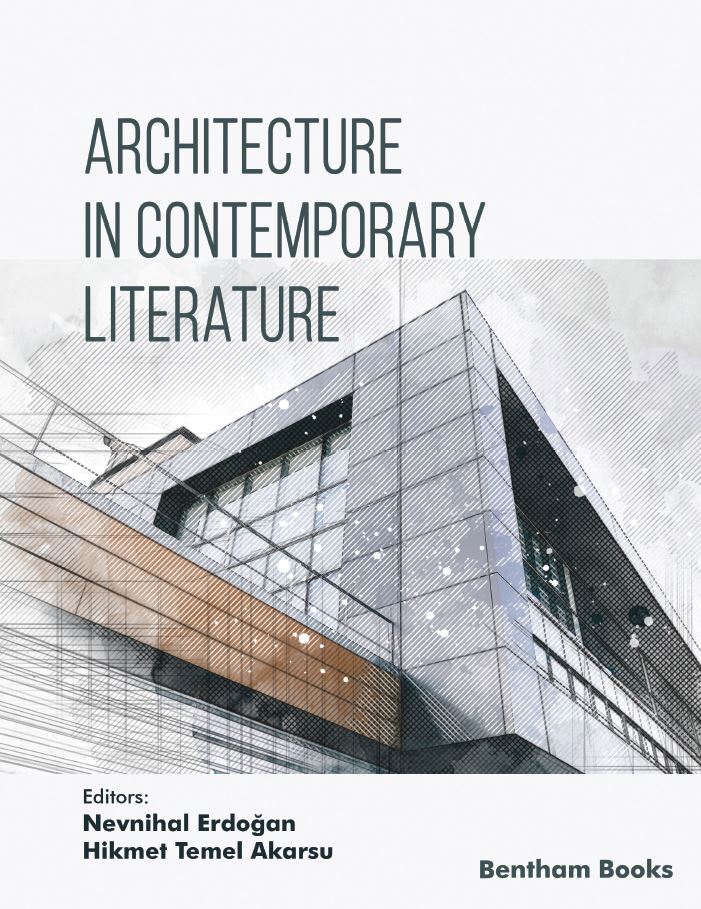The Hitchhiker’s Guide to the Galaxy

- By Seda Pekşen1
-
View Affiliations Hide Affiliations1 Faculty of Languages and History Geography, Ankara University, Ankara, Turkey
- Source: Architecture in Contemporary Literature , pp 230-239
- Publication Date: November 2023
- Language: English
In The Hitchhiker’s Guide to the Galaxy, Douglas Adams takes the reader into space to give a clear view of the consequences of urbanization with a humorous take on the intricate webs of bureaucracy. The parallelism between the protagonist Arthur Dent’s loss of his living space due to a council decision to demolish his house for a new bypass and the simultaneous destruction of the whole planet by aliens for a hyperspace expressway draws the reader’s attention to the concepts of building and dwelling. The absurdity of the chaos that ensues despite all planning acts as a reminder of the absurdity of humanity’s choice of priorities in urban living spaces. Adams underlines the paradoxical relationship between the primitive nature of man and his yearning for progress, between nature and modern civilization, and between the desire to build and expand on the one hand and to destroy on the other. Arthur’s journey through space thereby turns the readers into a journey through the recent history of the modern human, guiding them towards reconsidering their priorities in a way that preserves Earth as our home while maintaining progress. In light of these ideas, this article explores Adams’ science-fiction novel as a portrayal of the dire consequences of the use of space in modern urban planning, disregarding the contingent nature of human life on Earth, underscoring the need to grasp the significance of dwelling in a Heideggerian sense of the kind of progress that would encompass all living things.
-
From This Site
/content/books/9789815165166.chap29dcterms_subject,pub_keyword-contentType:Journal -contentType:Figure -contentType:Table -contentType:SupplementaryData105

